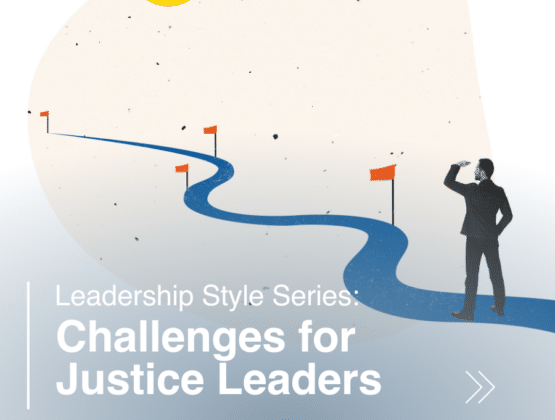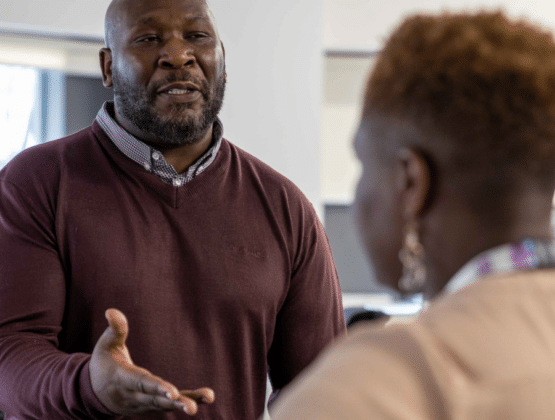Published by Skills for Justice
What we’re saying is we need to do more with less
Date 17.12.19

This phrase was heard last week at the Westminster Health forum policy Conference on the NHS People Plan, which focused on the leadership challenges of the future people plan for the NHS.
Of course, this is not something new. Over the last decade in working to support and develop organisations and their leaders, I think I’ve heard this across all sectors and with ever increasing frequency.
In exploring some of the issues and challenges across the Health and Justice sectors, there are some clear themes coming through; the move to integrated systems of care in the NHS and the recruitment of 20,000 new police officers. Whilst very different, both also pose some strikingly similar challenges leading to change and significant shifts in the demographics and experiences of the teams delivering frontline services.
Across public sector service provision, the call for greater integration and more partnership working, to offer a ‘joined up’ approach to issues facing us, is easily heard, and often made. And with good reason. Integration and working in partnership offer great benefits; the opportunity for learning, innovation, fun and of course, better outcomes for users of services. This is clearly something we would want to move towards and reap the benefits of. However, this laudable aim is perhaps easier to say than it is to achieve.
Why is this? Well, true partnership and integration means change for all parties. Recently reviewing literature on successful partnership working, I was struck that a key factor in achieving this, is how power is used and how visible the use of power is in the partnership. Unsurprisingly, the greater use of coercion and domination in the partnership, the more likely it is to fail. All partnerships have inequality in terms of power and resource, and it is vital to acknowledge this and work with it to make a successful and equitable, partnership happen.
Thinking then, of the huge shift in Policing that will be delivered through ‘Operation Uplift’, in terms of police numbers, there is also a clear need for difference to be acknowledged and positively worked with to create a cohesive and integrated force.
Of course, integration is not about ‘them’ integrating with ‘us’ (the dominant group). For integration to be successful, we all must move, change, adapt, and work with and through this, to get to a new future way of working and being together.
This means shifting identity and leaving secure and established groups to join and work with others in ways that at times may feel uncomfortable and difficult. This can all too easily create stories that work against, rather than for, the formation and realisation of new and better ways of working.
This requires significant work, time, practice, reflection, learning and leadership. Investing in this is a fundamental part of moving towards the delivery of the services we want, in ways that better meet the needs of the public. Difficult work at the best of times however, and in terms of a background of national unity, we are perhaps a long way from the best of times?
Whatever our personal politics however, we maybe can agree that this work and ambition is against a national background that is deeply characterised by division and some high levels of toxicity and mistrust. We are capable of very quickly identifying what we disagree on and relying on assumptions about others, based on where they are on some of the key issues of our time. It seems then that the challenge is doubly difficult.
Therefore, the focus and attention we give to working across boundaries and in new ways, to create spaces of equity and openness for great work to be done, is more important than ever before. We will need to personally take up the leadership responsibility of directing change and integration for the benefit of all.
Listen to our latest podcast here, the third in our Meaningful leadership #InConversationWith Series, where I explore this ‘collaborative mindset’, what it means, and how we might achieve it with Gerry Griffin, founder of SkillPill, our leadership and management learning partners.
Contact us today for how we can help your organisation with all of your learning, management and organisational development.
Sign up to receive news and updates from Skills for Justice
"*" indicates required fields






